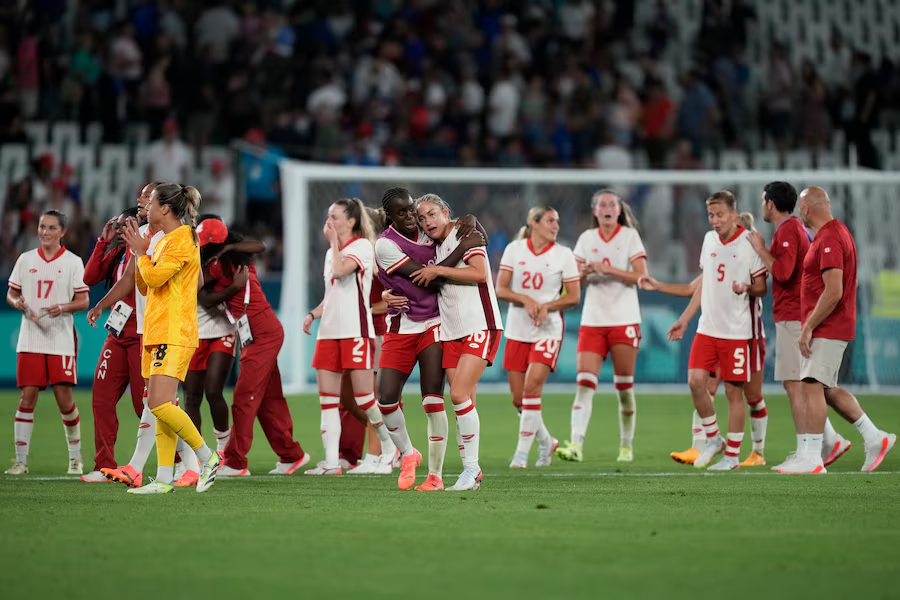Search This Blog
money saving tips for canadians, best saving tips for canadians of all ages. MoneySavings and Canadian news, financial news
Featured
article
- Get link
- X
- Other Apps
Canada Loses Appeal of FIFA Penalty in Olympic Drone Spying Scandal
The controversy began when New Zealand lodged a complaint, alleging that Canadian staff used drones to spy on their training sessions before their opening match. Following an investigation, FIFA docked Canada six points and imposed one-year bans on head coach Bev Priestman and officials Joseph Lombardi and Jasmine Mander.
Despite winning both of their games, the point deduction leaves Canada with zero points in the standings. The CAS ruling, delivered just hours before Canada’s crucial match against Colombia, means the team faces an uphill battle to advance to the quarterfinals.
The Canadian Olympic Committee and Canada Soccer argued that the penalty was disproportionate and unfairly punished the athletes, who were not involved in the alleged cheating. However, the CAS upheld FIFA’s decision, emphasizing the importance of maintaining the integrity of the sport.
This ruling has significant implications for Canada’s chances in the tournament and underscores the serious consequences of violating fair play principles in international sports.
Popular Posts
Trump's Six Words: "I'm Going to Stop the Wars"
- Get link
- X
- Other Apps
Fiscal Challenges Ahead: U.S. Bonds Face Uncertainty Under Trump’s New Term
- Get link
- X
- Other Apps



Comments
Post a Comment